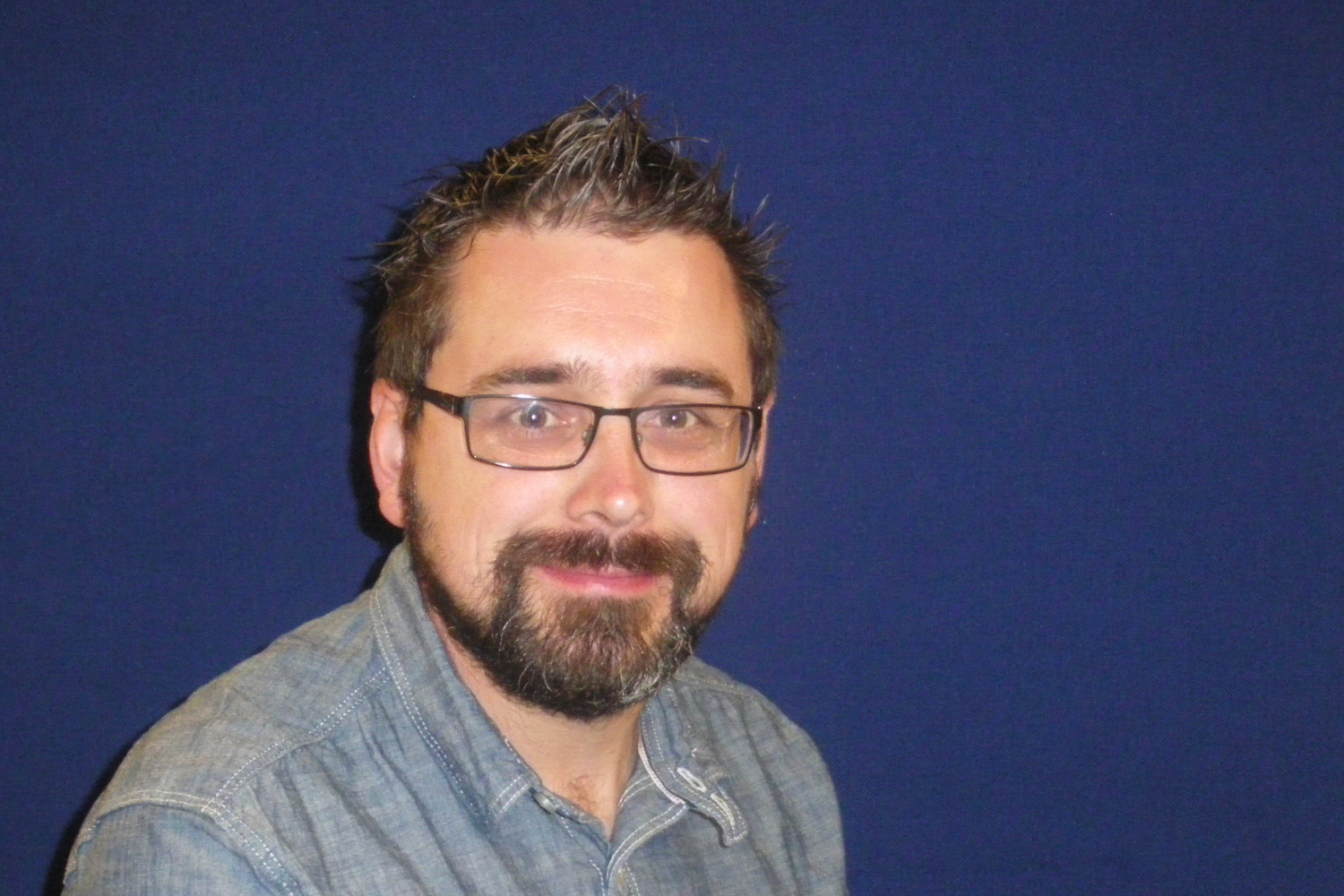Studying history is important because it allows us to understand the past, which in turn allows us to understand the present. History answers the question “why is the world the way it is today?” Surely if we study the successes and failures of the past, we may, ideally, be able to learn from our mistakes and avoid repeating them in the future. Studying history can provide us with insight into our cultures of origin as well as cultures with which we might be less familiar, thereby increasing cross-cultural awareness and understanding. We develop numerous skills to help study History which also help us understand the modern world. Geography is more than just where places are . It is also about the ways in which physical and social processes affect the earth. Geography is split between physical geography where you learn about geo-physical processes (such as plate tectonics, soil formation and climate) and human geography where you would consider the ways economies, cultures and societies create very different places. Geography is also a study of people in their environments and engages with problems and issues using an array of skills.

Neil Henwood
”We are not makers of history. We are made by history - Martin Luther King
Why is Humanities Important?
What Will I Learn At Key Stage 3?
History Key Stage 3: Years 7-9
In Year 7, History pupils cover a wide range of topics that introduce them to the subject of History. The time period ranges from Ancient History all the way to the modern day, The year 7 topics are
-Pre-History and Early Britain
-Ancient Worlds
-The Space Race
-The Shootout at the O.K Corral.
-The Golden Age of Piracy
-Vikings
In Year 8, pupils study a wide range of Historical periods in Welsh, British and World History between 1000-1900. The topics in year 8 are
-The Norman conquest, The Battle of Hastings and The Norman Monarchs
-Power in Medieval Britain
-Life in Medieval Britain
-The Wars of the Roses and the Tudor Monarchs
-American History (1750-1900)
-The British Empire
In Year 9, pupils study the 20th Century world, The Year 9 topics are
-The long and short term causes of World War 1
-World War 1
-The Rise of the Nazi Party
-World War 2.
-Race in the USA after World War 2
-The Cold War
Geography
During Years 7, 8 and 9 pupils focus on a variety of physical and human options. During Year 8 we look at the weather in wales, why does it rain so much in Wales? We look at other places in the world that have more extreme weather such as tropical countries that suffer in hurricanes and why polar regions are so cold. We look at how Cardiff came to be established and plot the growth of the city over the last 150 years. We look at the River Severn which the school sits on and study all of its features such as waterfalls, lakes and meanders.
In Year 9 we look outside of The U.K. We study the way that coastlines are changing around the world. We study the way the earth is changing through tectonic movement and then we start to study inequality in the world, how do we measure poverty? Why are some countries rich and some poor and what can rich countries do to help poor countries? What challenges does living in a poor country present?
How Will I Be Assessed At Key Stage 3?
Assessment at Key Stage 3 will be done in a number of ways,. These include quizzes, tests, GCSE style questions and extended writing assessments.
What Will I Learn At Key Stage 4?
History at GCSE follows the new WJEC Specification. There are 4 units spread across the 2 years. 3 units have exams. Unit 1: In depth study.
-Elizabethan England
-Elizabethan Government
-Lifestyles of the Rich and Poor
-Popular entertainment
-The Problem of religion
-The Catholic Threat
-The Spanish Armada
-The Puritan Threat
Unit 2: In depth study. The USA: A Nation of Contrasts. 1919-29
-Immigration
-Religion and Race
-Economic Boom
-The end of prosperity
-Popular entertainment
-The role of women
Unit 3. Outline Study. Health and medicine Through Time.
-Causes, treatments and advances during the Medieval period
-Causes, treatments and advances during the Early Modern period
-Causes, treatments and advances during the Modern period.
Unit 4. Coursework. Hitler and the Rise of the Nazi Party
How Will I Be Assessed At Key Stage 4?
There are 3 examined pieces of work and 1 piece of coursework.
What Extra Curricular Activities Are There?
-GCSE revision after school
-After school coursework sessions.